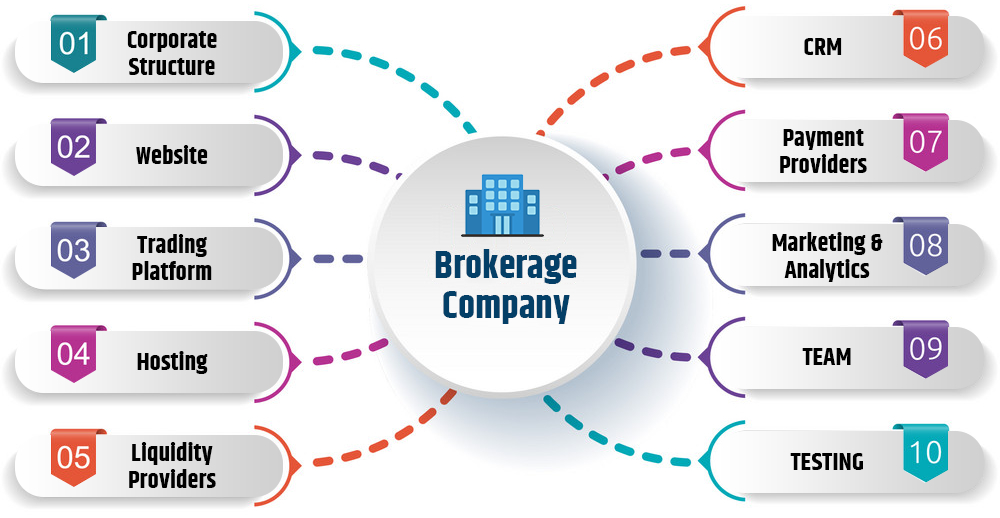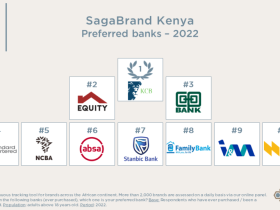
Brokerage Companies in Malawi: Overview and Significance
Malawi, a landlocked country in southeastern Africa, has a growing economy with an emphasis on agriculture, mining, trade, and financial services. Brokerage companies in Malawi play a pivotal role in facilitating trade and investment activities, helping individuals, businesses, and investors access domestic and international markets.
Types of Brokerage Companies in Malawi
Brokerage firms in Malawi can be broadly categorized into financial brokers, real estate brokers, and trade brokers:
1. Financial Brokers
These firms are essential in connecting investors with financial instruments such as stocks, bonds, and mutual funds. Malawi Stock Exchange (MSE) is the central hub for stock trading, and licensed brokerage firms act as intermediaries for investors wishing to buy or sell shares. These brokers provide market insights, investment advice, and portfolio management services. Notable financial brokers in Malawi include:
Stockbrokers Malawi Limited: A leading brokerage firm offering trading services on the MSE.
Continental Asset Management: Specializing in asset management and investment advisory.
2. Real Estate Brokers
Real estate brokerage companies in Malawi are instrumental in facilitating property transactions. They assist clients in buying, selling, or renting residential, commercial, and agricultural properties. Some of the active real estate brokers include:
Icon Properties: Known for its real estate development and management services.
MPICO Limited: A significant player in Malawi’s property sector.
3. Trade and Commodity Brokers
Given Malawi’s economy is heavily reliant on agriculture, trade brokers specializing in commodities such as tobacco, tea, sugar, and coffee are crucial. These brokers connect local farmers and producers with international buyers, ensuring efficient market access and competitive pricing.
Role of Brokerage Companies in Malawi’s Economy
1. Capital Mobilization: Financial brokers help mobilize capital by encouraging investments in local businesses through the stock market.
2. Market Access: Trade brokers bridge the gap between producers and global markets, enabling the export of Malawi’s key commodities.
3. Property Transactions: Real estate brokers simplify property buying and selling, fostering growth in the housing and commercial property sectors.
4. Economic Development: By facilitating investments and trade, brokerage firms contribute to job creation and overall economic progress.
Regulatory Framework
The operations of brokerage companies in Malawi are governed by:
Reserve Bank of Malawi (RBM): Oversees financial markets and ensures compliance with regulations.
Malawi Stock Exchange (MSE): Regulates stock trading activities.
Land Laws: Regulate real estate transactions and property rights.
Challenges and Opportunities
Despite their importance, brokerage companies in Malawi face several challenges, including limited financial literacy among the population, inadequate technological infrastructure, and a small investor base. However, opportunities exist in the growing demand for investment products, real estate development, and agricultural exports.
Conclusion
Brokerage companies in Malawi are essential for connecting investors, traders, and consumers within the financial, real estate, and trade sectors. By addressing existing challenges and leveraging emerging opportunities, these firms can significantly contribute to Malawi’s economic transformation.



Leave a Reply